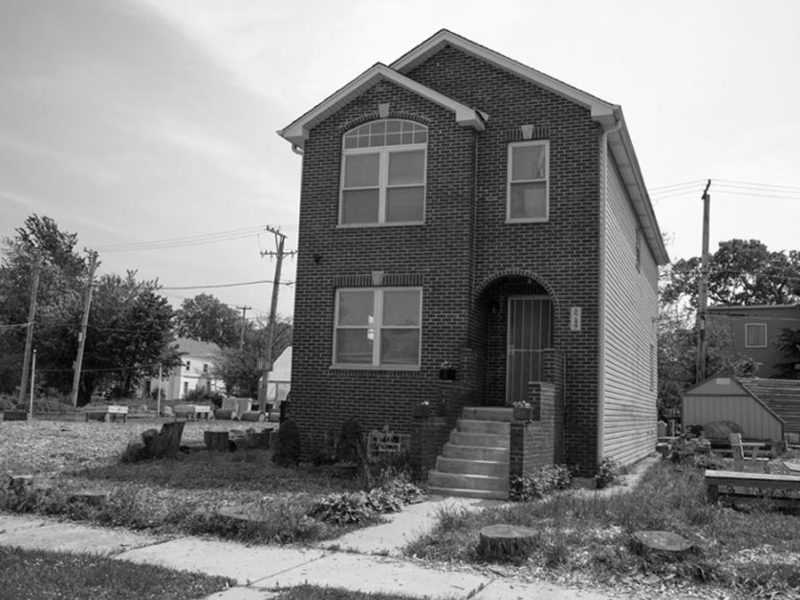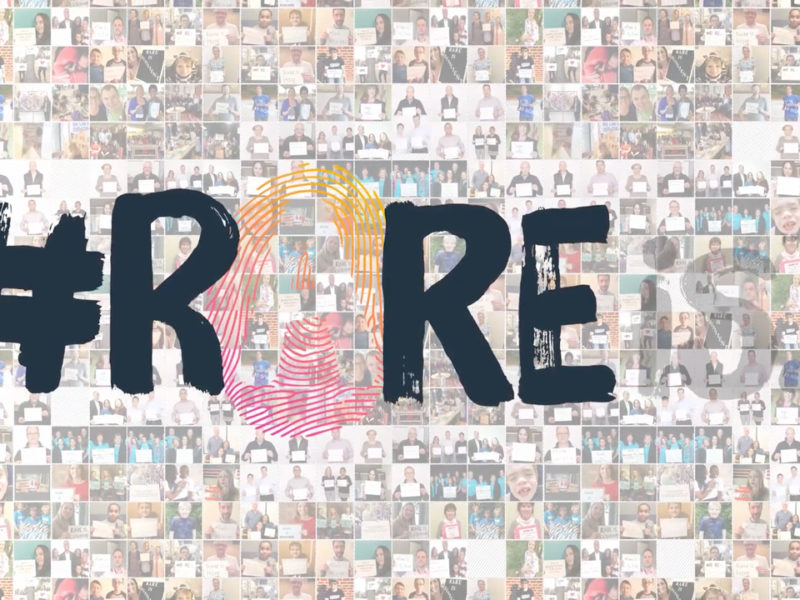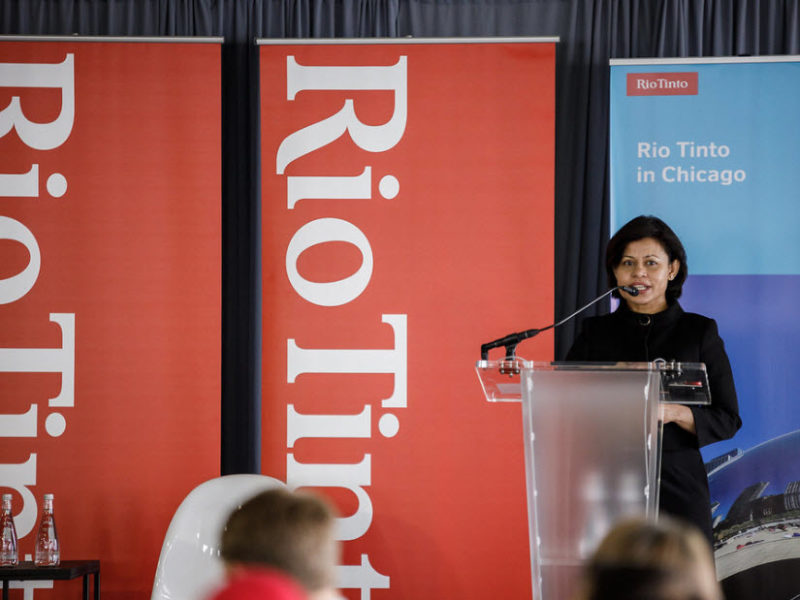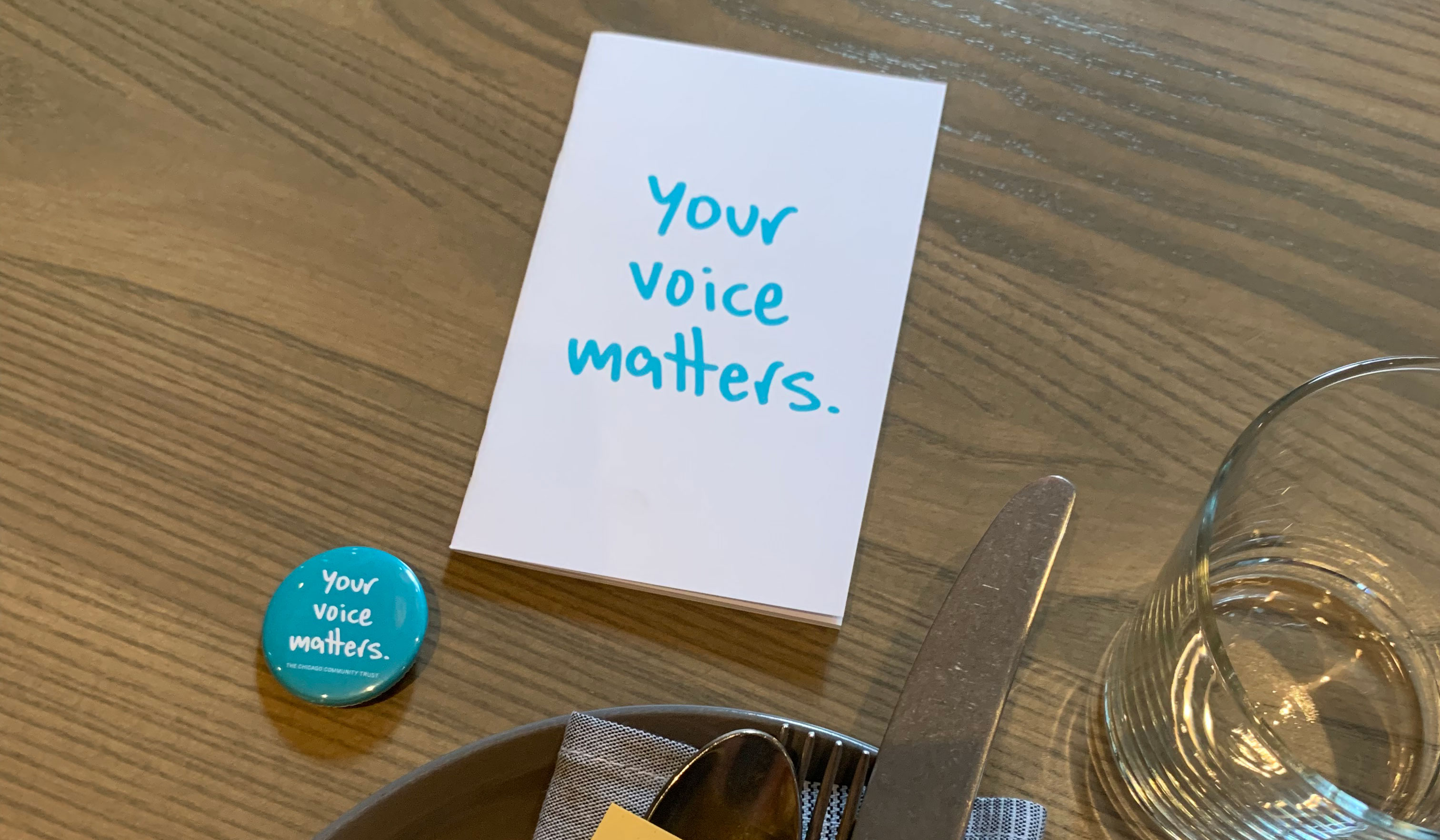
On the Table 2019: The Chicago Ideas Community Writes a Memo to the Mayor
Since the election of Mayor Lori Lightfoot in April, people across Chicago have been calling this the beginning of a new era for the city. And ideas for how to move forward have been in no short supply.
So, we teamed up with our partners at The Chicago Community Trust (CCT) to parse out the ideas. For years, CCT has been hosting On The Table events across the city with the aim of getting people to have important conversations that prompt a deeper commitment to improving Chicago. Just five years (and thousands of ideas) after the first of these mealtime conversations in 2014, this year participants were given a bold new prompt: send the new mayor your ideas.
In an effort to draft a compelling memo to the mayor, we reached out to our network of changemakers and spark chasers, knowing that our curious community could come up with a litany of ideas over some breakfast, lunch, and dinner.
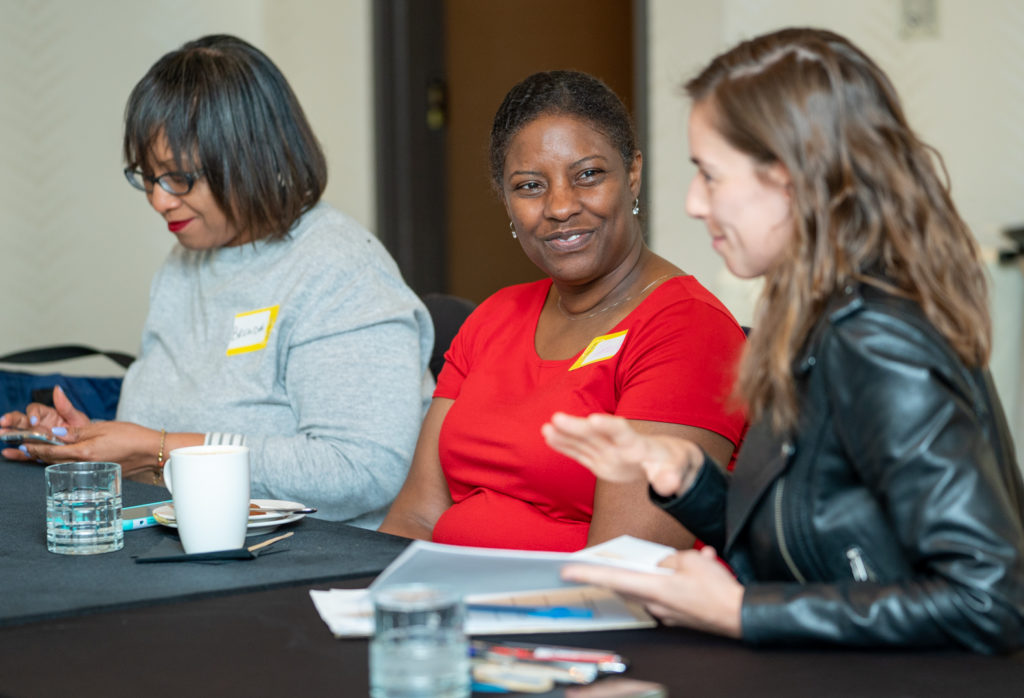
In all of these chats, one thing was clear: Chicago is a diverse city with a wealth of innovation, grit, and capability waiting to be harnessed.
So, in the general spirit surrounding Mayor Lightfoot’s election as a first-time candidate, a common theme at all of the meals we shared was a desire for a new type of leadership and greater transparency in government. All of the conversations we had emphasized the dearth of directness in Chicago city government; they want the new mayor to be direct and forthright in what she does (and plans to do), while also providing a direction for the city to rally behind.
Perhaps unsurprisingly, people wanted this general ethos of leadership capacity and candor to be aimed at: 1) the epidemic of violence that plagues the city and 2) bringing growth and vibrancy to all of Chicago’s 77 community areas.
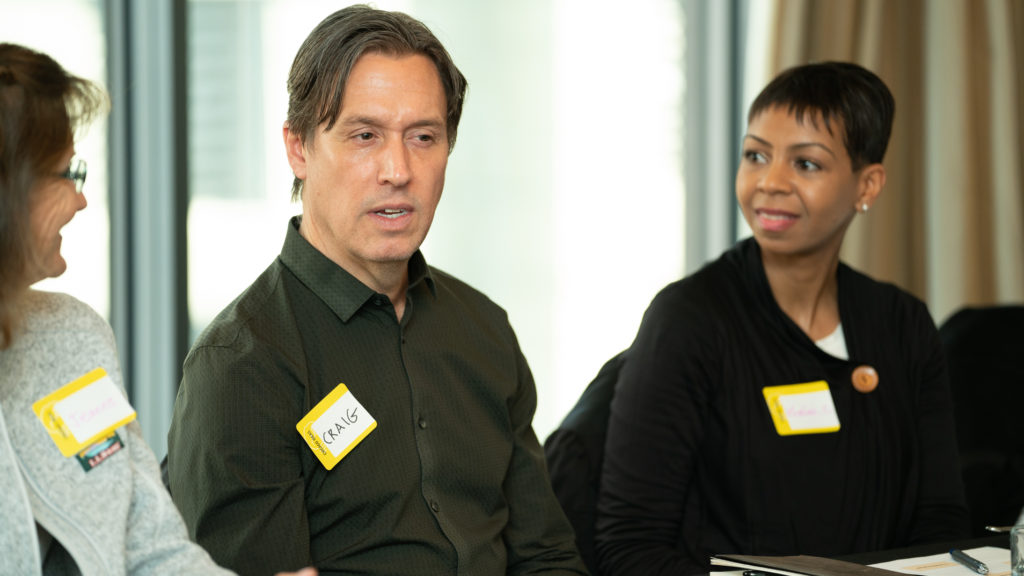
For our Chicago Ideas Brain Trust—made up of influential changemakers and industry leaders in Chicago—this meant getting people to move around the city more. In their eyes, part of the city’s struggle is deeply entrenched segregation. Everyone in our three conversations agreed on this. Chicago is wildly diverse, but this diversity is compartmentalized to a debilitating degree.
The Brain Trust thinks the mayor needs to to double down on circulation. More transit, an expanded 606 (and starting other similar projects), a one dollar circulating bus that can take people to all corners of the city for less money. As far as they were concerned, Chicago doesn’t need culture or big ideas. People just don’t have a way of connecting with all of these great resources, which should be one of the primary goals of the new mayor.
This sentiment was echoed in our lunch time chat with our Chicago Ideas Members, whose conversation could be best summarized by a question posed by one of the participants: “How do we make our city one city?”
As they saw it: better education, more equitable distribution of resources, mandated community service.
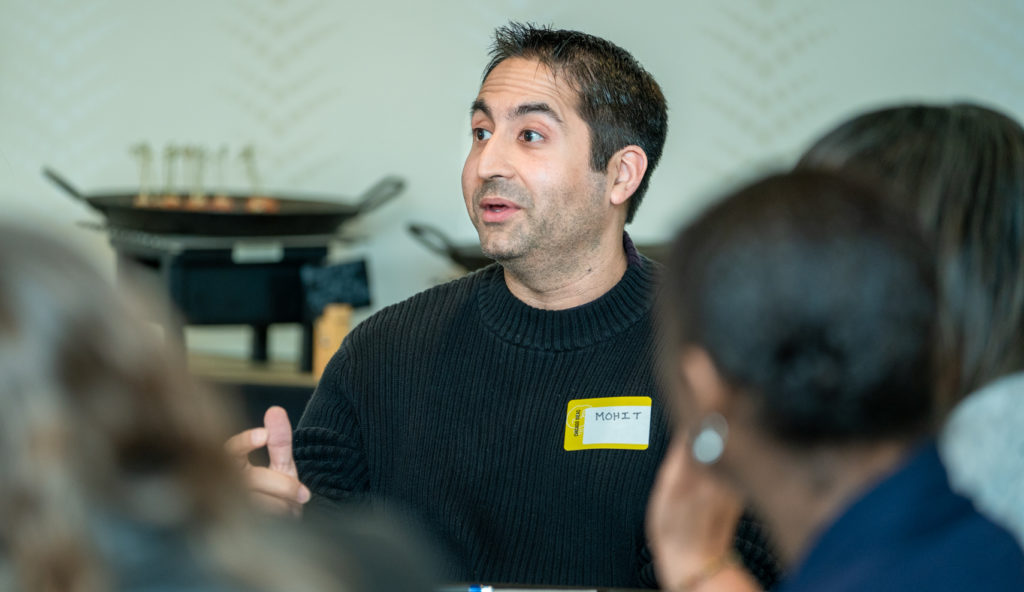
A guiding question for our Members was how to preserve the value of Chicago’s hyperlocal culture while also breaking down the barriers this hyperlocality produces. In their eyes, it’s incumbent upon the new mayor to facilitate a greater exchange—of ideas, of money, of culture—between Chicago’s disparate neighborhoods in a way that builds up what is already great about each individual community.
Later at dinner, our Chicago Ideas Volunteers echoed our Members, who looked towards more innovative and intentional collaboration between the business community and the broader public as a way of making those priorities come to fruition. Both groups emphasized the possibilities for change posed by better access to jobs training, greater distribution of business resources in the service of the public’s well-being, and improved support for small businesses around Chicago.
Our Volunteers also pointed to policy reform as a way of dealing with the disparities between different neighborhoods. Their suggestions hinged on greater governmental transparency at the policy level (where our Members also wanted to make it easier to see how public money was being spent). Every group we brought together (but perhaps our Volunteers most fervently) wanted it the city government to be absolutely forthright about how money was being spent, how decisions were being made, and how problems were being dealt with.
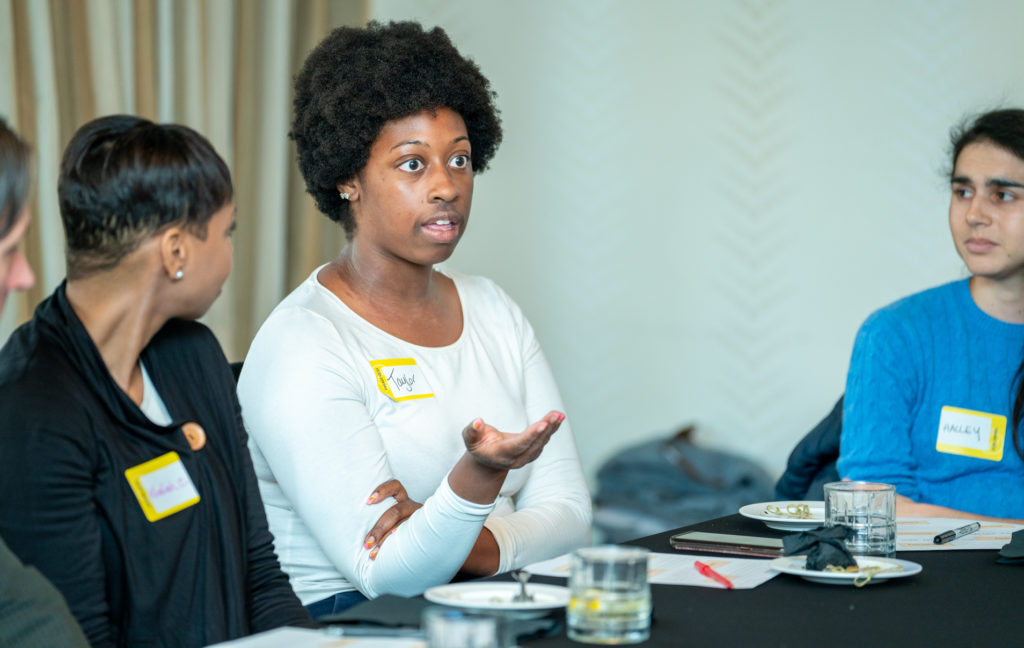
At the end of the day, two things were clear. One, a lot of things need to be changed in Chicago; and, two, we have all the resources we need to make those changes happen. If anything was clear through every meal we shared, Chicago is a city full of different needs, different perspectives, different ideas—and this is its strength. What everyone wanted was for the mayor to make bearing witness to that fact the centerpoint of her path forward.
When all the plates had been cleared and everyone’s voice heard, one thing remained on the table: the future.


